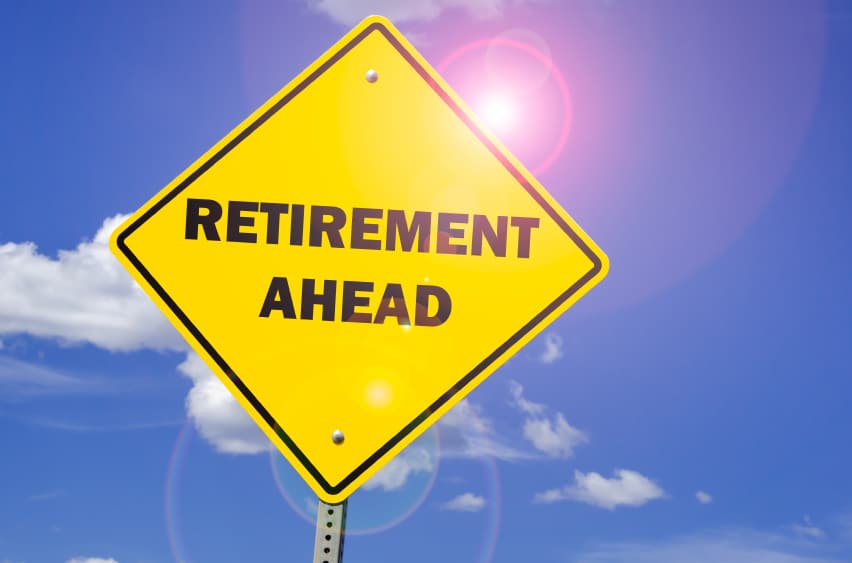
Planning for retirement isn’t easy, but it can be even more challenging when the stock market is volatile. If your savings have taken a hit in recent months, that can be concerning if you’re preparing to retire soon.
However, market turbulence isn’t as daunting as it may seem. While it can be difficult to retire during periods of volatility, there’s one important chart that may ease your concerns and help you better prepare for the future.
How will the stock market affect your retirement?
Stock prices have fallen sharply over the last few months, and the S&P 500 is currently hovering near bear market territory. Nobody knows exactly how long this slump will last or whether the market will dip further before it recovers.
That said, the stock market’s long-term performance is far more predictable. Over the years, the market has been subject to countless downturns, corrections, and full-blown crashes. Yet it has managed to recover from every single one of them so far.
In the past two decades alone, it’s experienced the dot-com bubble burst, the financial crisis and Great Recession, and the pandemic-related crash in March 2020 — along with dozens of smaller downturns along the way. Not only has it rebounded from those downturns, but it’s also experienced positive average returns over time.
If you’re concerned about how this recent downturn will affect your retirement, keep in mind that the stock market will recover eventually. In more severe instances, it could potentially take months or even years for stock prices to fully rebound. But things will get better.
As you’re planning, then, try your best to stay focused on the long term. The next few months could be shaky if the market continues its slump, but given enough time, it will recover.
How to protect your retirement savings
The stock market’s performance may be out of your control, but that doesn’t mean you can’t protect your savings as much as possible.
If you’re nearing retirement, one step to take is to ensure your asset allocation is appropriate for your age. As you get older, your portfolio should start to lean more toward bonds and less toward stocks. Conservative investments like bonds often earn lower returns than stocks, but they’re also less affected by market downturns.
Also, try to avoid any knee-jerk reactions, such as pulling your money out of the market. No matter how far stock prices fall, you don’t technically lose anything unless you sell your investments. While it may sound counterintuitive, staying invested during periods of volatility can actually keep your money safer.
Nobody can say for certain how this downturn will play out or how long it might last. But it will get better eventually. By keeping your sights on the long term, you can ride out this storm and protect your nest egg as much as possible.
























